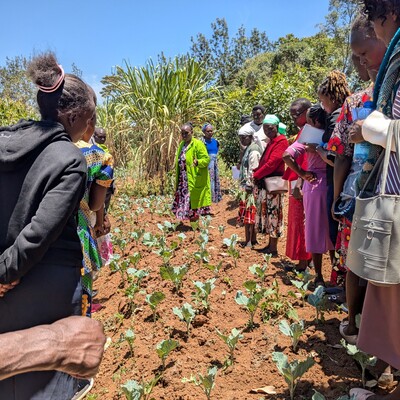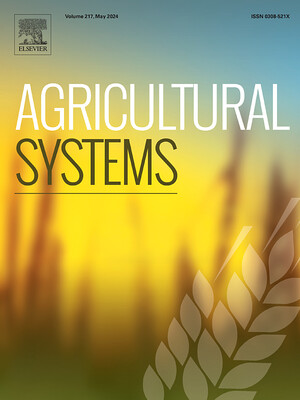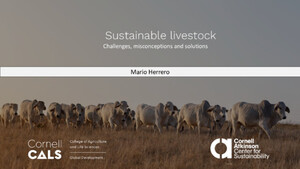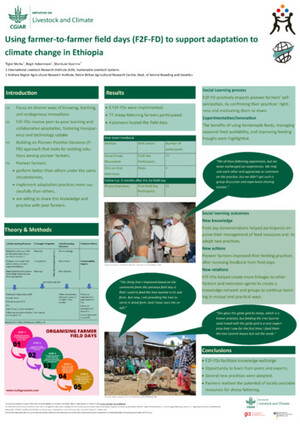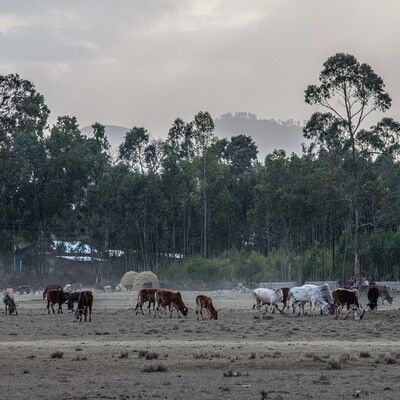
Novel Kenyan insurance programs recognized for helping women as well as men pastoral herders

Cattle coming in from the fields in the evening in Lhate Village, Chokwe, Mozambique (photo credit: ILRI/Stevie Mann).
A recent news article highlights the plight of women pastoralists in Kenya. ‘[F]or women pastoralists—livestock farmers in the semi-arid lands of Kenya—climate change has forced drastic changes to everyday life, including long and sometimes treacherous journeys to get water. Faced with an increasingly dry climate, women pastoralists now must spend much more time searching for water. That takes time away from productive economic activities, reinforcing the cycle of poverty.’
Agnes Leina is a Kenyan human rights activist who established the Il’Laramatak Community Concerns organization to address the loss of earnings women incur due to climate change. Her organization creates programs that teach pasto5al women how to make and sell beads, mats and milk products. Leina notes that ‘Women are the ones who fetch water and firewood. Women are the ones who prepare food. Women are the ones who take care of not just their own children but also the young ones of their animals as well.’ These among other realities, she says, discourage many girls, who end up in early marriages when a father feels compelled by his livestock losses ‘to offer his young daughter’s hand in marriage in exchange for more cows as a bride price’.
Novel drought insurance programs for Kenya’s many dryland livestock herders are offering these pastoral women as well as men some relief. This is particularly important as climate change is putting Africa’s pastoral livestock systems at increasing risk of drought.
The news report cites efforts made by the International Livestock Research Institute (ILRI) and the World Bank to implement a pilot livestock insurance program for vulnerable pastoralists. This program, called Index-Based Livestock Insurance (IBLI), in recent years has been expanded by a government-run Kenya Livestock Insurance Program (KLIP), which covers the vast arid and semi-arid counties of northern Kenya. ILRI is providing KLIP with technical assistance.
These ‘index-based’ insurance schemes reduce the impacts of livestock losses due to severe dry spells by compensating livestock keepers when the forage in an area becomes depleted by drought. This helps the herders who take out the insurance to recover from drought faster and better from drought. Payouts are pegged to measurements of forage conditions made via satellite data on vegetation cover to derive an index of seasonal forage availability/scarcity. Payouts to insured herders are made not when their animals die but rather when the forage in their area is shown to fall below a certain productive threshold.
Read the full news report here …









